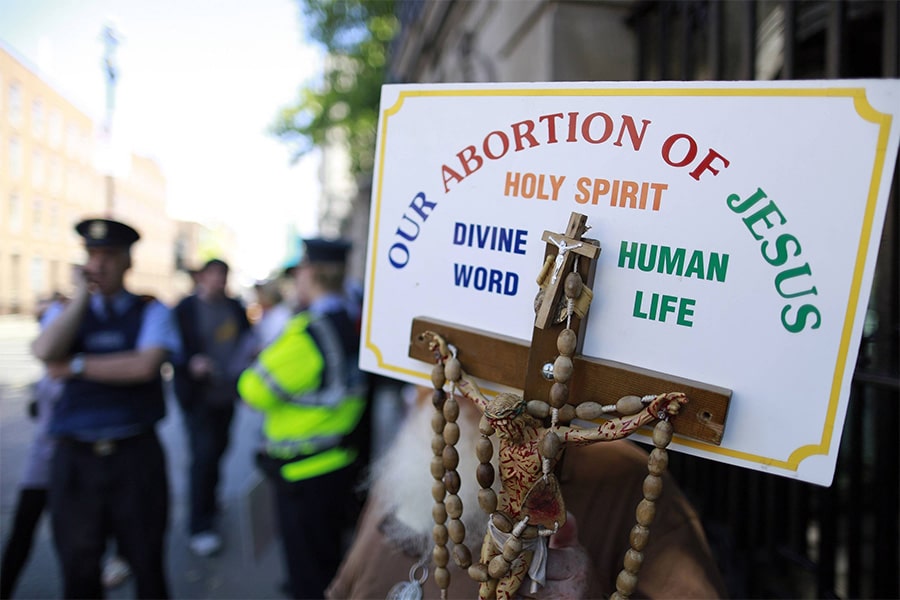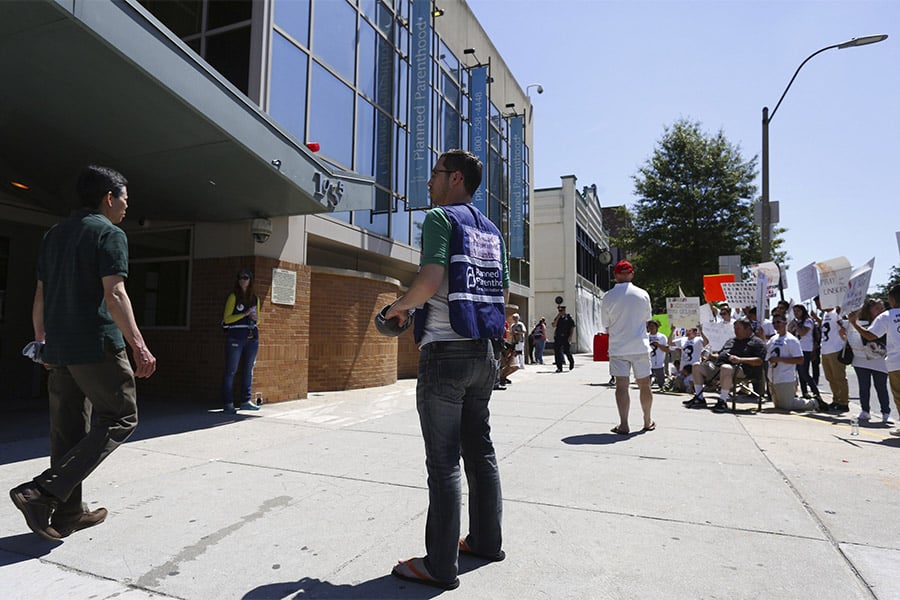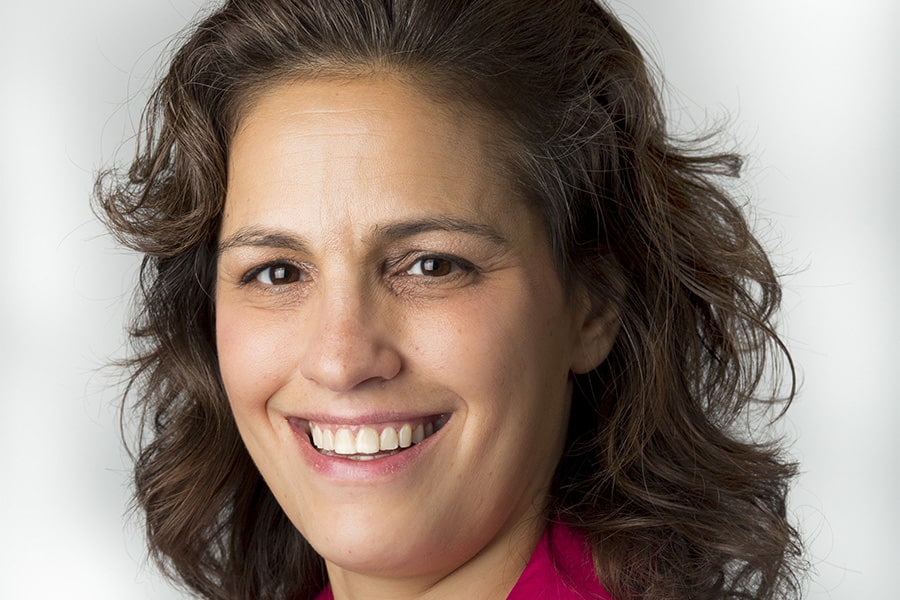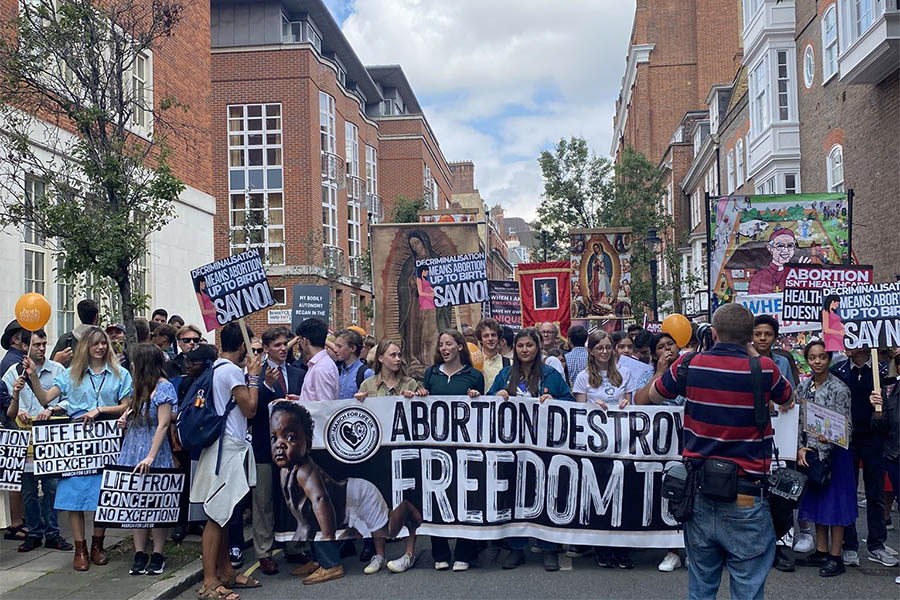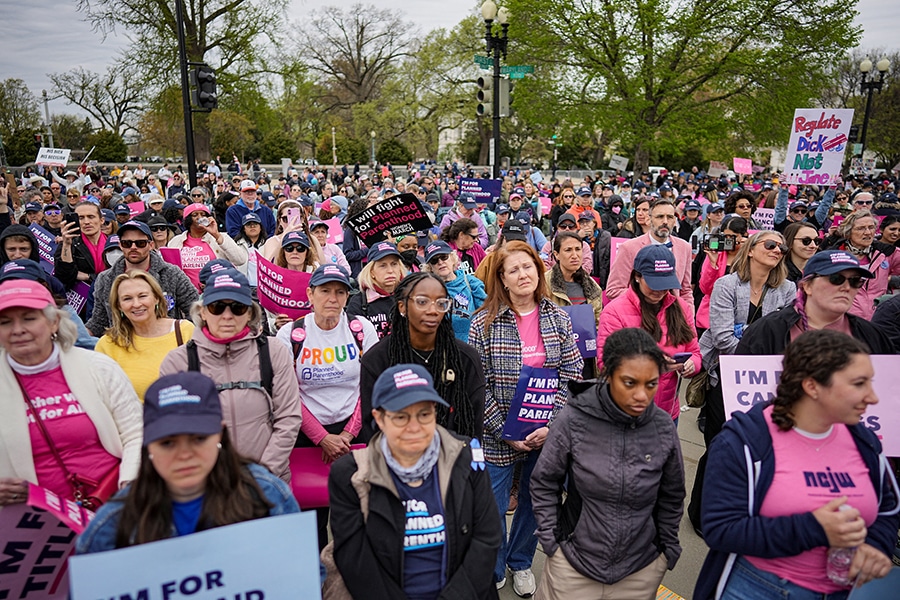BROOMALL, Pa. (OSV News) — Accompaniment, discernment and respect for God-given human dignity are central to church teaching on end-of-life issues, several Catholic bioethicists told OSV News, following confusion over recent remarks on assisted suicide by Archbishop Vincenzo Paglia, president of the Pontifical Academy for Life.
“It really goes to our belief in the dignity of the human person,” said Joseph Meaney, president of the National Catholic Bioethics Center in Broomall, Pa. “No matter how frail, sick or suffering a person, they have the same dignity and value, and they should not be thrown away.”
Speaking April 19 at the International Journalism Festival in Perugia, Italy, Archbishop Paglia said “it cannot be excluded that in our society a legal mediation is feasible which allows assisted suicide in the conditions specified” by a 2019 Italian constitutional court judgment.
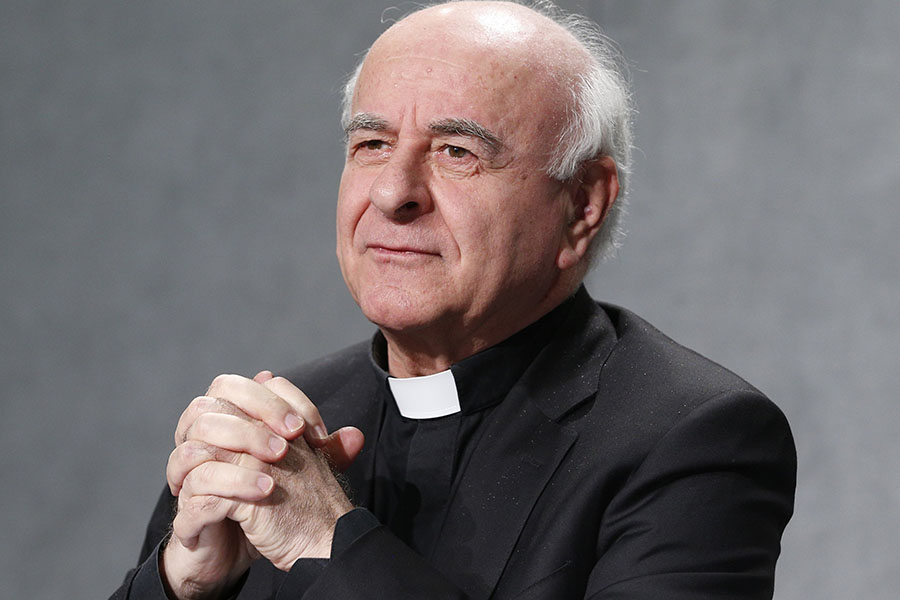
The archbishop stressed though he “personally … would not practice assisted suicide,” he understands “that legal mediation can constitute the greatest common good that is concretely possible in the conditions in which we find ourselves.”
The press office of the Pontifical Academy for Life issued an April 24 statement to counter what it called “incorrect interpretations” of Archbishop Paglia’s words on assisted suicide, which had been spoken “without full development” of the details of the Italian court decision.
“Archbishop Paglia … in full conformity with the church’s magisterium, reaffirms his ‘no’ to euthanasia and assisted suicide,” said the statement. “On the scientific and cultural level, Archbishop Paglia has always supported the need for accompaniment of the sick in the final phase of life, using palliative care and loving personal attention, to ensure that no one is left to face alone the illness and suffering, and difficult decisions, that the end of life brings on.”
The incident can serve as a teaching moment for Catholics on how the church views the end of life, and the theological significance of death itself, said Catholic experts in end-of-life issues OSV News consulted.
The Catholic Church teaches that death, the separation of the soul from the body, is “the end of earthly life” and entered the world as “a consequence of sin,” according to the Catechism of the Catholic Church (No. 1007-1008).
At the same time, the catechism teaches, “Christian death has a positive meaning,” since for the believer it leads to everlasting life in Christ (No. 1010). Therefore, the catechism explains, suicide, assisted suicide and euthanasia are morally unacceptable, as “God remains the sovereign Master of life” (No. 2276-2283).
Yet “the church absolutely does not teach that one must grasp for as much and as long a life as possible,” which “can be a form of idolatry,” said Charles Camosy, professor of medical humanities at the Creighton University School of Medicine in Omaha, Neb.
“There are treatments we might not want, which are considered ‘overzealous’ treatments that do not really help the patient to address the complexity … at the end of life,” added Jesuit Father Andrea Vicini, professor of bioethics and theology department chair at Boston College, referencing the catechism (No. 2278).
Determining the difference between “ordinary” and “extraordinary” care in end-of-life cases is essential, said Meaney. The NCBC provides round-the-clock emergency bioethics consultations through its hotline at 215-877-2660, as well as a Catholic guide to end-of-life issues, available in both English and Spanish.
Ordinary care consists of what “people should receive” amid illness, such as “nutrition and hydration, normal pain medication, ordinary medication for problems that need to be alleviated,” said Meaney.
He noted the church’s understanding of nutrition and hydration as ordinary or extraordinary care — an issue that has often sparked “huge debate,” with St. John Paul II articulating a “very strong position on both as ordinary care” — has “been refined a bit.”
“If a person is in the dying process, and it’s clear … they’re not going to be dying of malnutrition or dehydration, you really wouldn’t be required to put a feeding tube or IV in,” said Meaney.
In some circumstances, “people may not be able to benefit from nutrition or hydration,” said Meaney, citing kidney and intestinal failure as examples where “putting in water and food would cause pain.”
Such scenarios help to illustrate what constitutes extraordinary care, “where the burden outweighs the benefit,” involving procedures that are experimental and dangerous “with a low chance of success,” he said.
Church teaching stresses that intention is a critical consideration in end-of-life care, explained Camosy, Meaney and Father Vicini.
“The lives of the martyrs and of Christ himself indicate that one can act in such a way that one foresees, but does not intend, their death,” said Camosy. “There is a long tradition in Catholic health care and bioethics of distinguishing between euthanasia, where death is intended, and removing or foregoing extraordinary means of treatment, where death is not intended.”
Church teaching also specifies that patients must make decisions regarding extraordinary care if competent; otherwise, the responsibility falls to those legally entitled to do so, ensuring that the patient’s “reasonable will and legitimate interests” are respected, according to the catechism (No. 2278).
“Of course, the patient doesn’t decide about ending his own life; this is understood,” said Father Vicini, who also is a medical doctor.
While advocates for assisted suicide tout their concern for patient autonomy, “very often … the person ‘choosing’ to die is being explicitly or structurally coerced,” said Camosy, pointing to Canada’s public health policies that have raised concerns over “the poor and disabled” being euthanized.
In contrast, the church seeks to accompany the patient, providing palliative care and spiritual support, said Father Vicini.
“Palliative care means we used everything available to promote the care of the patient,” he said. “We say ‘yes’ to reducing pain; we treat it as it happens, because it causes suffering in the patient.”
Crucially, he added, “we give painkillers to reduce pain, not to reduce the life of the patient” by compromising the body’s respiratory and cardiac abilities.
Father Vicini also said end-of-life issues should prompt the faithful to work for expanded access to health care, and to “reflect critically on what is making people sick, (since) we will discover that race, social and economic status play a very important role.”
Meaney said he and his colleagues emphasize “the spiritual state of the person” in their consultations, asking if “they have received the sacraments, reconciled with family (and) prepared for death.”
Suffering in one’s final days, he said, “is not meaningless, if we actually offer it up and make use of it for spiritual good … thanks to Christ’s suffering on the cross.”
The church invites us to “end our lives in a different way, not holding on to everything, but to realize that at a point we need to let go,” said Father Vicini. “With accompaniment and support, we are able to do that in the best possible way, and we can find Christ when we are struggling with the end of our lives. We see in Jesus an example and a companion.”
Read More Respect Life
Copyright © 2023 OSV News



